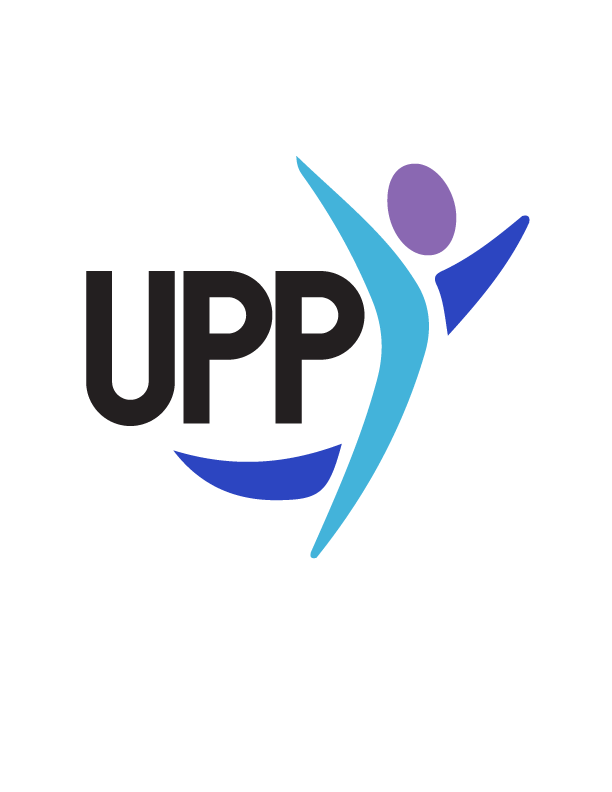GRIT, HABITS & DELIBERATE PRACTICE -
LESSON 2:
HITTING TARGETS THROUGH MY BEHAVIOUR
DEBRIEF: THIS ACTIVITY IS ABOUT FAILING FORWARD. HOW DID IT FEEL TO MAKE A MISTAKE? WHY SHOULD GET COMFORTABLE MAKING MISTAKES WITH DIFFICULT THINGS.
REFLECT: "IT IS IMPOSSIBLE TO LIVE WITHOUT FAILING AT SOMETHING, UNLESS YOU LIVE SO CAUTIOUSLY THAT YOU MIGHT AS WELL NOT HAVE LIVED AT ALL- IN WHICH CASE, YOU FAIL BY DEFAULT.” JK ROWLING.
PART 1- (5 MINUTES)
Rationale
MCII (Mental Contrasting and Implementation Intentions ) enhances our ability to get started, and stay on track with goals (Gollwitzer, 1999).
students who used MCII completed over 60% more practice questions that students in the control condition (Duckworth, Grant, Loew, Oettingen, & Gollwitzer, 2011).
MCII energizes individuals into taking action (Oettingen, et al, 2009).
Unleashing Personal Potential have adapted and simplified the idea of MCII, and instead use the T.O.P. (Target, Obstacle, Plan) model.
Learning objectives
By the end of this lesson, learners should:
understand the T.O.P process
have a written T.O.P process for top priority learning target
consider how my behaviour is the major influence on target / goal attainment
PART 2- rEAD ARTICLE AND WATCH CLIP- (15 MINUTES)
Students are to read this article that will outline the process we will complete today.
Setting and striving for targets.
PART 3- T.O.P. WORKSHEET- (10-15 MINUTES)
Student are to find the T.O.P. worksheet in their workbook. (Please note: The workbook also asks for an Action as well and uses T.A.O.P. instead of T.O.P. This is only suggested the first time the process is used, to scaffold the process further for students).
Follow the T.O.P. process for your learning target for this term.
PART 4- WATCH, REFLECT, DISCUSS- (15 MINUTES)
Former Denver Broncos running back Reggie Rivers discusses how focusing on your goals is the one sure way NOT to achieve them. With humor and insight he goes on to explain how focusing on your behaviors is how you achieve goals.
DISCUSS: This is a different way of looking at goal setting. It focusses less on "goal setting" and more or "goal achieving". How is this different and what are the key take aways for you?
Students are to answer the following questions in their workbook: Target, Obstacle, Plan- which ones can you control? Which ones will you focus on? Why? Record your answer, related to your learning goal and then discuss as a class.


